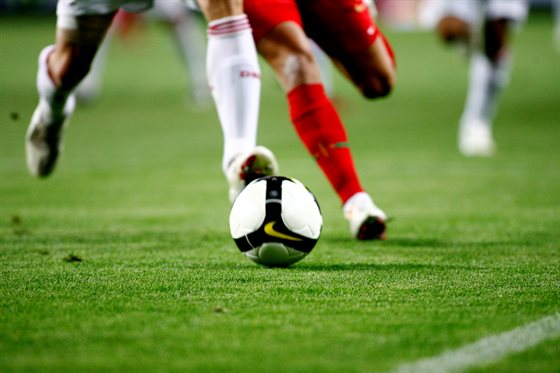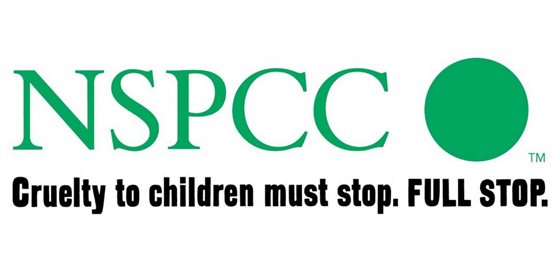Professor Jason Lee, head of Leicester Media School at De Montfort University Leicester (DMU) argues that the recent football abuse and Jimmy Savile scandals have highlighted the protection the legal system offers abusers.
The ugly secret of the beautiful game is finally, harrowingly, being revealed. But with English football forced to confront a scandal that previously engulfed British TV, there is still a shield for child abusers to hide behind: the law of libel.
The legislation has laudable objectives - to protect reputations from being damaged via groundless accusations - but the way it operates in the UK provides protection to those who need it least.
Jimmy Savile, Britain’s most notorious predator, used the libel law to his advantage. Even today, following the posthumous revelations of his decades of sustained abuse, the mainstream media and academic press run scared of delving into this topic in any nuanced fashion. Why exactly? They fear being sued.

It would be wrong to claim the subject as a whole has been silenced. Stories of abuse have been headline news since the early 1980s. Between 1984 and 1994 there was an abuse panic, especially in America, but also the UK. Many stories, including satanic ritual abuse stories, became popularised.
Since this time, juries became sceptical, with false memory an accepted term. But following the Savile scandal of 2013, these stories are headline news again.
Sporting, religious, or educational institutions often promote a master-servant power relationship. Indeed, at their very core, ideologically and structurally, they may thrive on this relationship. This is where it is easy for exploitation to flourish.
In a high-paying sport, such as football, hush money will be more generally available. Young players will keep quiet, thinking it will protect their careers.
The Offside Trust, a group set up by former Crewe players Andy Woodward and Steve Walters with ex-Manchester City youth player Chris Unsworth to enable footballers to unite on this issue, claims the current scandal in the game is the tip of the iceberg.
Former Chelsea player Gary Johnson, ex-England start Paul Stewart, and many others all have their own stories. Stewart, a former player for Tottenham and Liverpool, said this could be on the scale of Jimmy Savile.
It is important to frame this scandal in the context of all other scandals, each one claiming to be bigger than the last.
But the difference in the reporting of these scandals is that now explicit detail is given, as if this is a new form of entertainment.
Exploitation of power is the central explanation. As with Savile, asking how ‘did this happen?’ is the wrong question. This behaviour was not unknown. Seventeen police forces are involved in the related investigation. Greater Manchester Police, as of December 5, have 10 suspects as part of an investigation into historical child sex offences in youth football.
This culture of abuse was part of the larger picture of greed and exploitation, which is widely condoned.
An NSPCC hotline was set up and the Football Association has announced an internal review. Will this get to the heart of the issue? In the BBC’s own report on the Savile scandal the corporation exonerated itself. It seems lessons are seldom learnt.

It would also be wrong to say there is no such thing as false accusations and false memories. These scandals are part of our public consciousness, so we are all in some degree influenced by them, whether the allegations are true or not.
We need to move away from black and white thinking, and away from the position that states all people working with young people are potential perverts, or that there is a witch hunt going on.
At the same time, with footballers speaking out, there is an opportunity to tackle this issue.
Whether that opportunity is seized is a different matter. The Independent Inquiry into Child Sexual Abuse in England and Wales was established by the-then British Home Secretary, Theresa May, on July 7, 2014.
It was set up in the wake of the Savile abuse scandal, and overlaps with the current football scandal, as the remit for this inquiry includes investigating media figures.
So far this inquiry has been a mess, with four different chairs. The third, Dame Lowell Goddard, said she had resigned with regret, citing a ‘legacy of failures’. At this broader level, getting to the truth will be much more difficult than people hope.
Professor Jason Lee is the Head of Leicester Media School at De Montfort University. He has written on the subject of child abuse and related scandals since 1999, in critical works, such as Pervasive Perversions (2005), and creative works, such as the novel Spit Roast (2015).
For more on his work, see cjplee.com
Posted on Thursday 15 December 2016